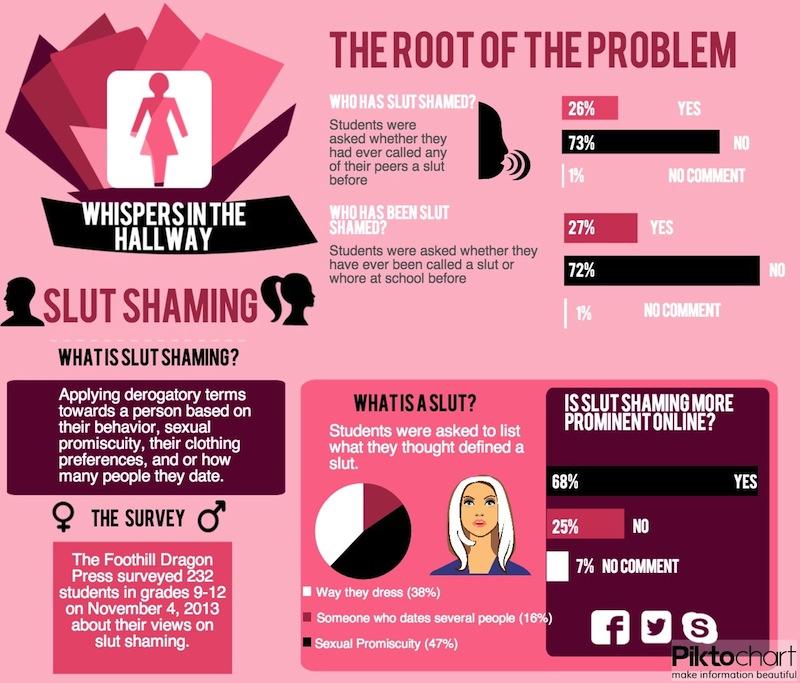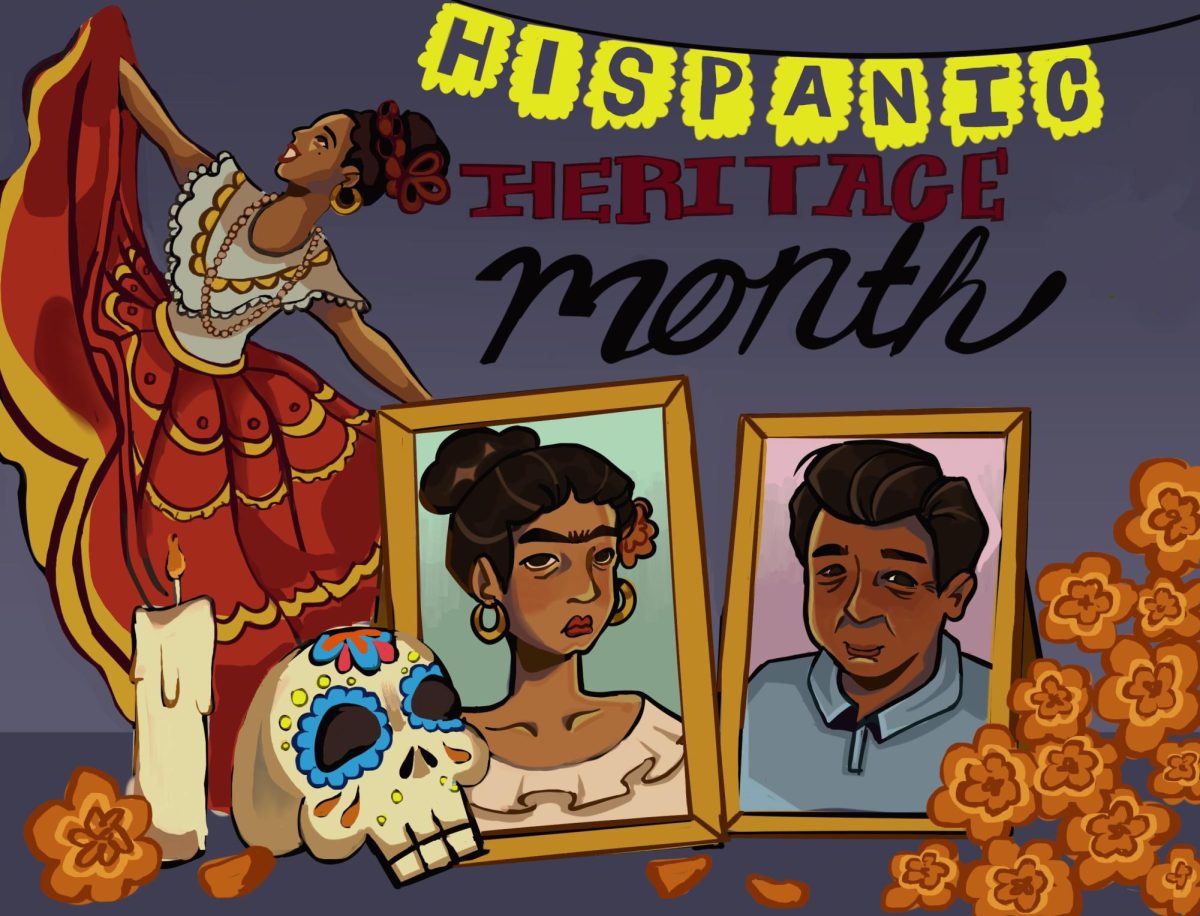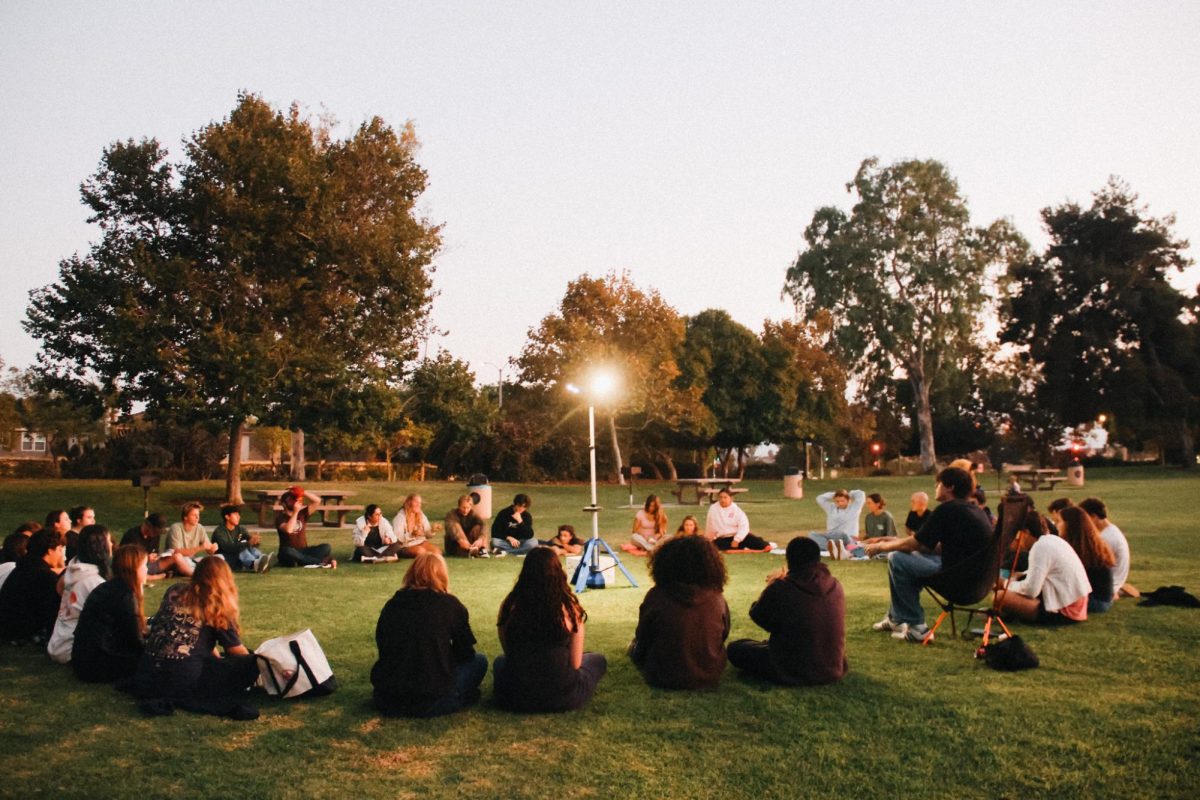
[dropcap size=dropcap]W[/dropcap]hether they’re directed at Miley Cyrus or a classmate, words like “slut” and “whore” are not uncommon terms among high school students.
Foothill junior Paris Dosch believes they are used more often now than they were in previous generations.
“Back when our parents were our age, it wasn’t okay to be calling people that right and left. Nowadays I hear it all the time,” Dosch said.
The Foothill Dragon Press surveyed 232 students Nov. 4 about their views on “slut-shaming.” Several 9-12th grade English classes took part in the paper survey. Students were allowed to respond anonymously or to use their name if they chose to.
While the dictionary defines a slut as a “promiscuous woman,” the definitions provided by Foothill survey respondents were varied.
- 38 percent defined it by the way someone dresses
- 47 percent defined it by how sexually promiscuous someone is
- 16 percent defined it by how many people someone dates
Of the students surveyed, 71 percent indicated they think that using derogatory terms like “slut” or “whore” counts as bullying.
“[Slut] does have a negative connotation, so I don’t think people should just be throwing it around,” said Dosch. “It’s a derogatory term used towards girls from guys, and even girls, and it’s just disrespectful.”
Others, like senior Paul Stockdill, believe that it depends on the context.
“I would only use these words on a person I was good friends with who knew they weren’t negative. In the literal sense however, I see no reason to use these words, ” he said. “I have never told a girl that she was a slut, but I have used it occasionally to replace the word ‘dude’ when greeting one of my friends as a joke, and they have done the same to each other. As guys become closer friends, we become more creative with the insults we use to say hello.”
Of the survey respondents, 68 percent said that they believe bullying is more prominent online, especially when directed at women with labels like “slut” or “whore.”
“I have never told a girl that she was a slut, but I have used it occasionally to replace the word ‘dude’ when greeting one of my friends as a joke, and they have done the same to each other.” — Paul Stockdill, Foothill senior
Many believe that the usage of these derogatory terms online through memes, social media accounts, and music videos all contribute to a rape culture, where women are blamed and men excused in cases of sexual assault or rape.
In an extreme case, an Arizona college student, Dean Saxton, a self-proclaimed preacher, received national attention by saying women who wore minimal clothing deserved to be raped. Saxton has said he believes that the Bible’s message regarding female modesty should be taken seriously and if not, then there are consequences.
With camera phones and social networking sites, the effects of bullying can have more lasting effects, as it did when photos were taken of a 17-year-old girl performing oral sex on a young man at a 2013 Eminem concert at Slane Castle in Ireland. The girl was hospitalized after the photos of her at the concert went viral and she became the target of thousands of cruel comments online.
Some Foothill students have also had experience with online harassment.
One anonymous survey respondent wrote of their experience: “Ask.fm started off with people being nice to me and then out of nowhere someone started bringing up my past and started sending me death threats and saying no one loved me, and said that I was a whore and a slut. It was really scary because they said I should just kill myself.”
However, 21 percent of survey respondents felt that slut-shaming was not equivalent to being bullied and that bullying itself is overly exaggerated.
One respondent wrote: “In my opinion bullying is blown way out of proportion. In your life you’re going to be ‘bullied’ by tons of people. Instead of teaching our generation how to feel good about themselves and set the rude things that others say aside we’re unintentionally teaching them to care more and tattle which causes more bullying.”
“Ask.fm started off with people being nice to me and then out of nowhere someone started bringing up my past and started sending me death threats and saying no one loved me, and said that I was a whore and a slut. It was really scary because they said I should just kill myself.” — Anonymous survey respondent
Foothill health and history teacher Claire Adams thinks that the insults should be taken seriously and addresses the issue in her classes.
“We talk about how names like ‘slut’ and ‘ho’ are totally inappropriate and no one should ever label anyone else those names,” she said. “I really take offense if I hear those names. I think its awful to label each other such derogatory terms.”
She believes that using those terms to describe someone’s behavior is invasive of their personal lives.
“From the health perspective we talk about how when you’re ready for the sexual part of life is an important part of your life and a loving and trusting relationship, and is a necessary part of human functioning,” she said. “What people do in their private life is their business and we shouldn’t be judging anyone or criticizing anyone for their behavior, particularly when it doesn’t have any effect upon ourselves.”
Foothill nurse Mary Johnson works and teaches on multiple campuses in the Ventura Unified School District and provides sex education lessons to classrooms every year. She said she has noticed girls being labeled or targeted by these terms in both high schools and middle schools. When she speaks to classes, she stresses respecting each other’s decisions.
“I try to curb the labels and talk about being respectful of the partner you have. Someone who is sharing your body with you shouldn’t be sharing that with others,” she said.
Of respondents, 66 percent felt that slut shaming is directed primarily towards women. When asked what ‘defines a slut or whore’ students differentiated the terms or only defined it for females.
“It’s been around in history, since we had this idea that there was good women and bad women. Women that you married and women that you practiced on, and unfortunately that hasn’t gone away.” — Claire Adams, Foothill health and history teacher
Adams said that women have been judged for their sexual actions for many years.
“It’s been around in history, since we had this idea that there was good women and bad women. Women that you married and women that you practiced on, and unfortunately that hasn’t gone away,” she said. “We still view women somehow as they shouldn’t be sexual beings and shouldn’t show an interest in sex and if they do there must be something wrong with them.”
Senior Maddy Cook believes that when the terms “slut” and “whore” are applied towards males they have a positive connotation, but that they are negative when used towards females.
“When a girl is considered a whore it’s disgraceful and people tend to think badly about them, but when guys get with girls all the time, they get a high five,” she said. “I definitely think that there’s totally a double standard and I’m not saying that it’s mens’ fault or anything, I’m saying that society just allows them, allows this, to be the standard.”
[soundcloud url=”https://api.soundcloud.com/tracks/119617657″ width=”100%” height=”166″ iframe=”true” /]
Adams agreed that society takes the shame off of boys and penalizes girls for the same behavior.
“I think theres a double standard. I would imagine that boys probably get a kick out of it and it probably makes them look like big men on campus and for girls its probably very shameful and ostracizing and devastating,” she said.
During Cook’s junior year, she found it important to address this double standard through a class assignment. In her speech she expresses how girls are on the receiving end of name-calling and how words are specified towards girls only.
“That was basically me taking a stand against people in general calling people bitches, just using it as a label. Just calling a girl a bitch, not having it mean ‘oh, she’s a mean person’ but having it be just a characterization of just women in general. It’s only used for women,” she said.
One anonymous respondent said that using such terms is taken too harshly and people need to understand the statements intent.
“I think people should learn the difference between literal bullying and sarcasm,” they said.
Cook however, does not believe that these terms should be taken lightly and that it is unfortunately a cycle that will continue to perpetuate itself.
“It’s like a virus that you just can’t stop. It’s going to keep happening. It’s with the media, it’s with everyone, every song that you hear, every movie that you’re going to see, there’s going to be a term that’s, you know, demeaning to someone,” she said.








